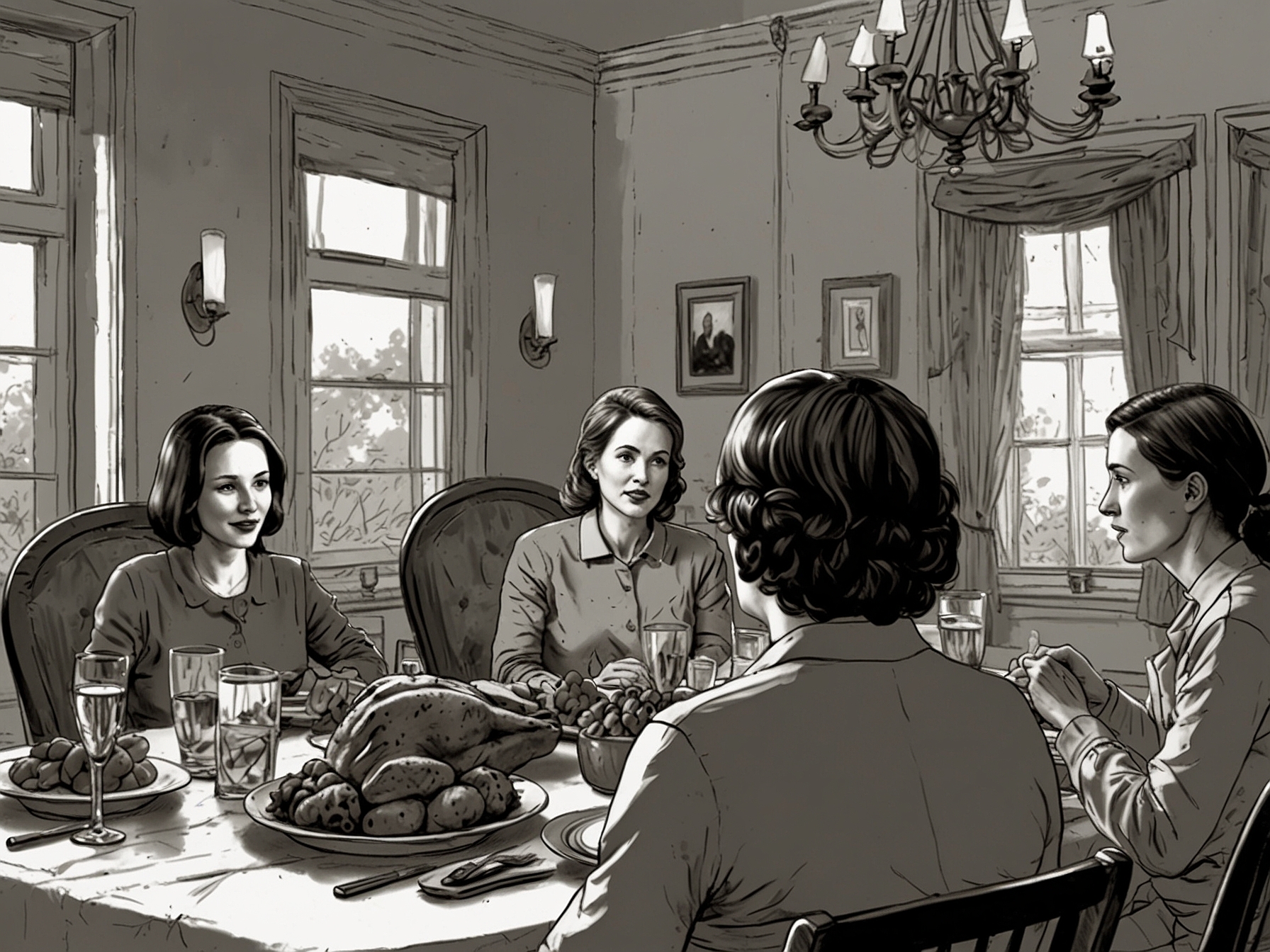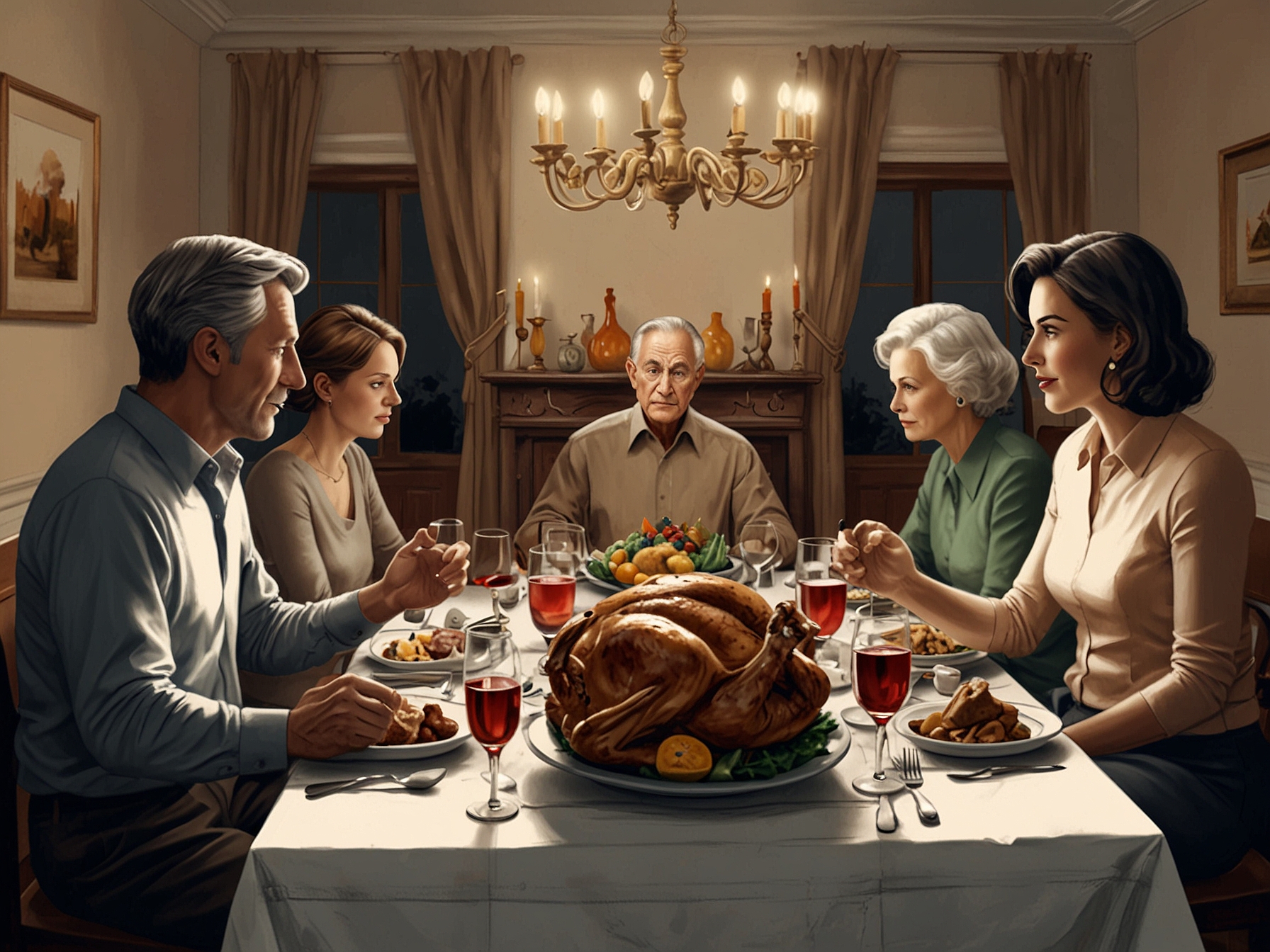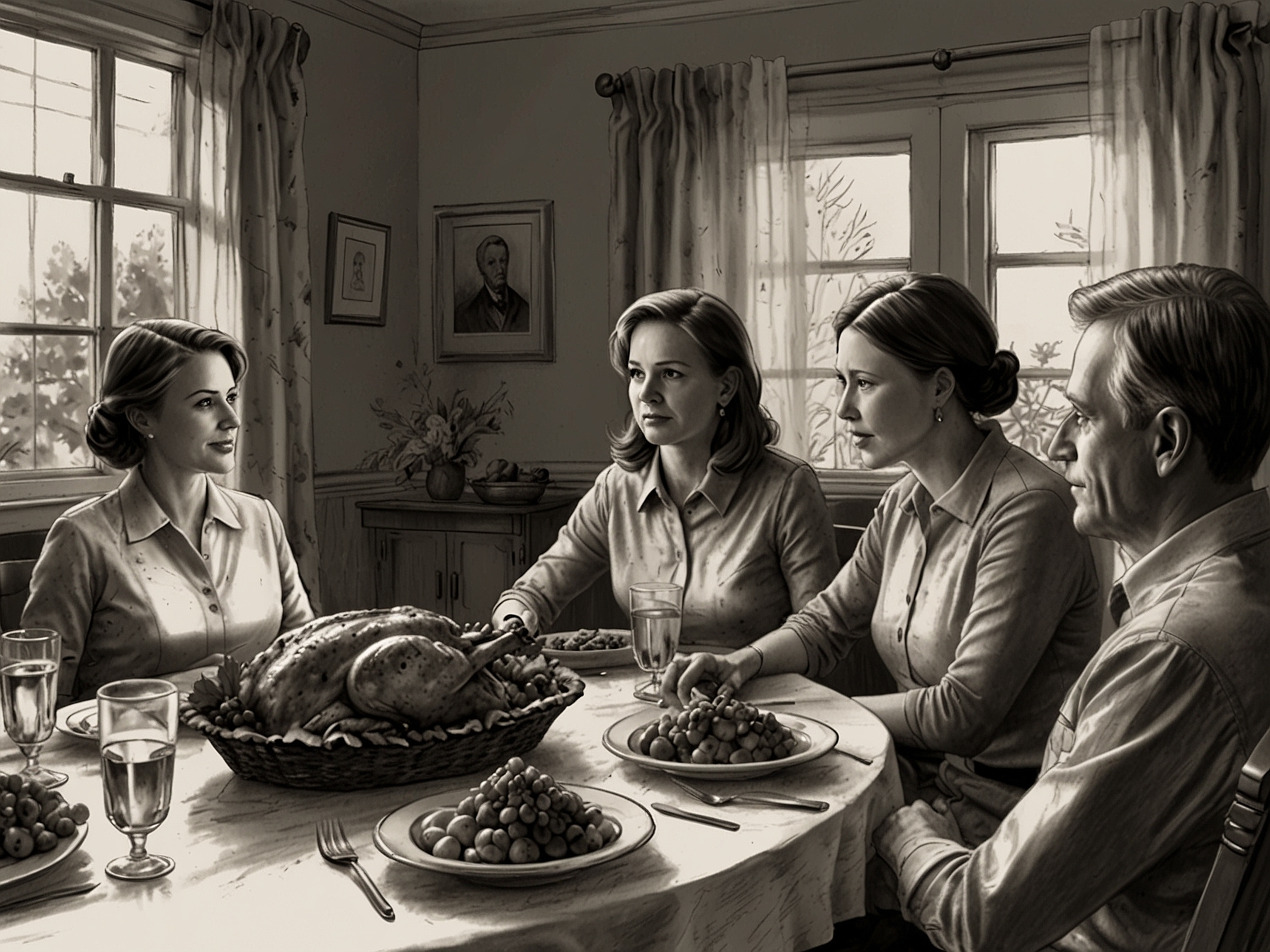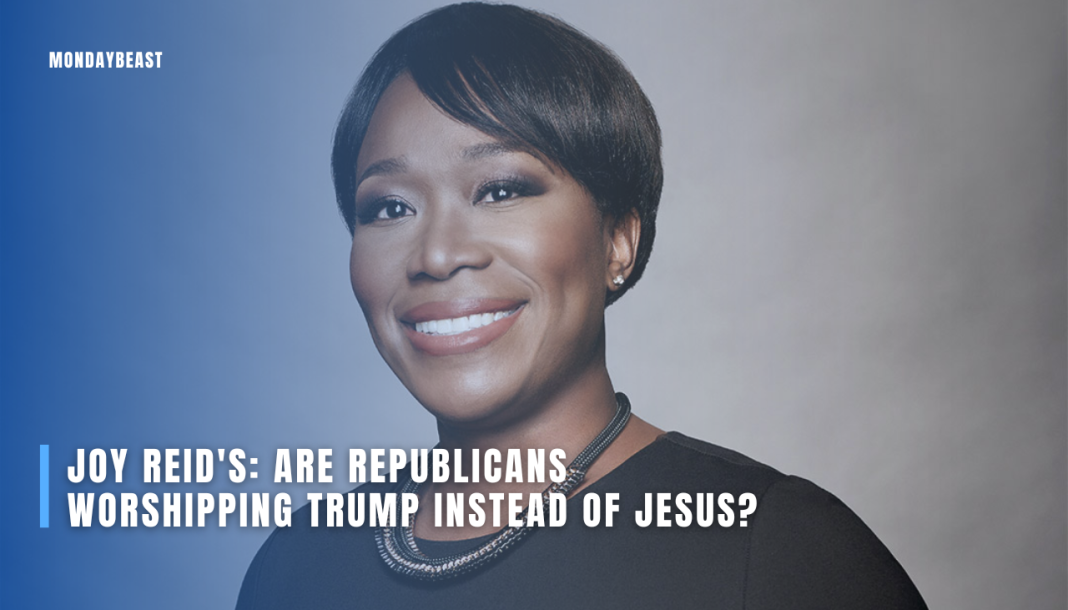Joy Reid’s recent comments sparked a firestorm online. The MSNBC host didn’t hold back as she criticized Trump’s supporters ahead of Thanksgiving. She posed a compelling challenge to Republicans, asking them to reflect on their actions.

Reid’s comments raised eyebrows when she accused Republicans of prioritizing devotion to Trump over their supposed Christian values. “Are you really worshipping a man instead of Jesus?” she mused. It’s a question that digs deep into the heart of faith and politics.
On her show, Reid took direct aim at MAGA supporters. She urged them to make their own sandwiches and found common ground with those who share her values. This blunt advice may seem harsh, but in context, it highlights a real divide during family gatherings.

As tensions around the Thanksgiving table can simmer, how do we navigate these discussions? Reid believes it’s best to avoid the argument altogether. Her earlier statements encouraging liberals to steer clear of their Republican relatives struck a chord and resonated with many.
In her words, “If we want peace over the holidays, we don’t owe you anything.” It’s a sentiment shared by numerous families across the country, especially in a politically charged atmosphere.

Reid’s provocative statements, while polarizing, opened up a broader dialogue about political divisions. How do families unite during holidays when their views are drastically opposed? Should we simply allow our differences to mar the celebrations?
Her allegations about voters feeling entitled to recognition for their political choices play into a larger narrative. The divisive tone surrounding politics today complicates family dynamics. Many may empathize with Reid’s plea for understanding and space.
Ultimately, the idea of Thanksgiving is about coming together. But can we truly bridge the gap when beliefs clash? It seems that many find it increasingly difficult to share a meal with people they vote differently from.
So, who holds the moral authority? Reid’s words may embody a growing frustration from those who face dismissive remarks around the dinner table. “Let us feast,” Reid seems to demand, “without baggage from our political divides.”
As Thanksgiving approaches, the key might lie in respect. Can families prioritize love over political differences? Should our gratitude extend beyond our political affiliations? These questions ignite a vital conversation about understanding each other as individuals.
While Reid’s rant may shake things up, it drives home the larger issues many face during this holiday. Navigating these fraught waters requires nuance and understanding. How can we engage without losing our temper? Maybe, just maybe, the answer is simply to listen.




